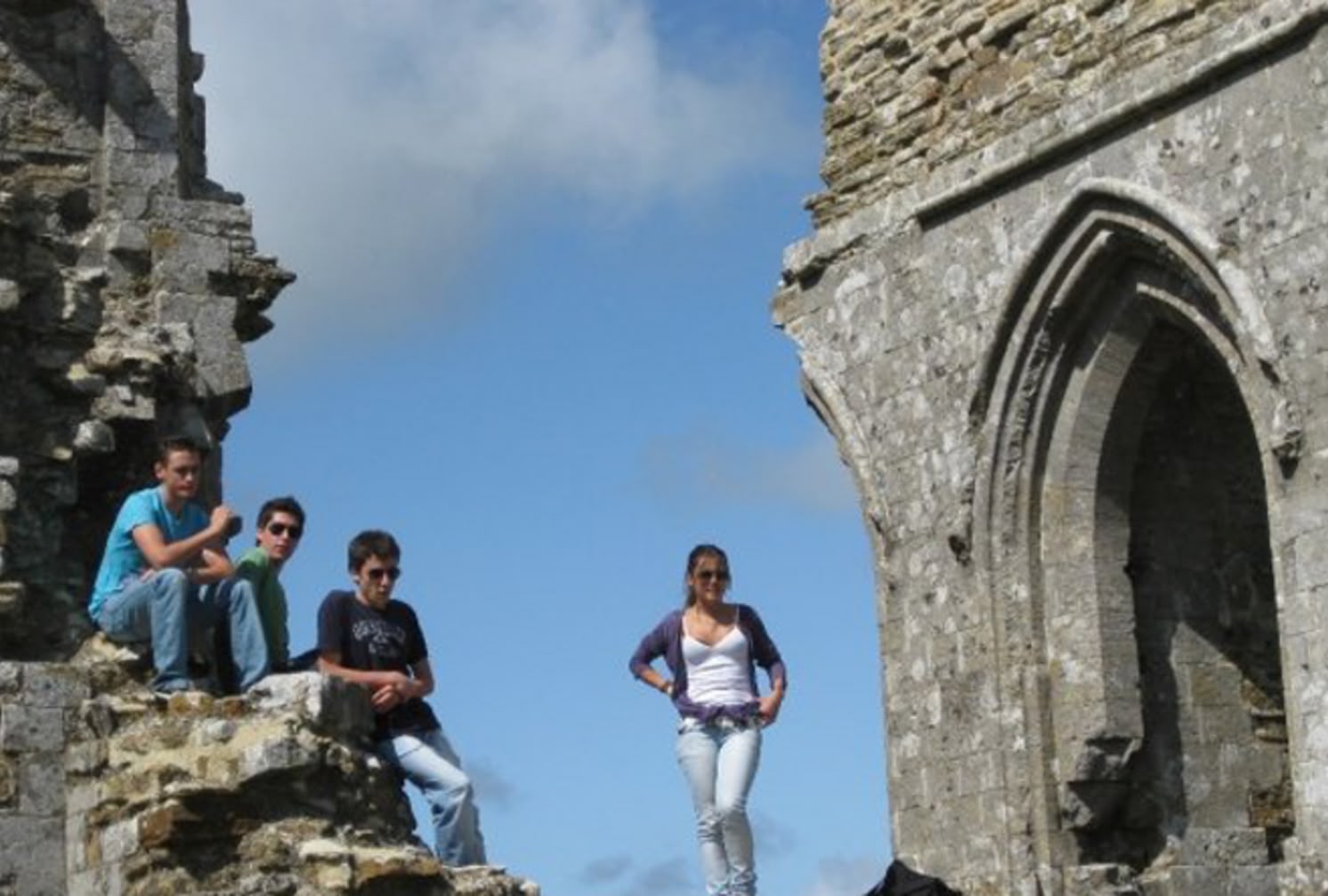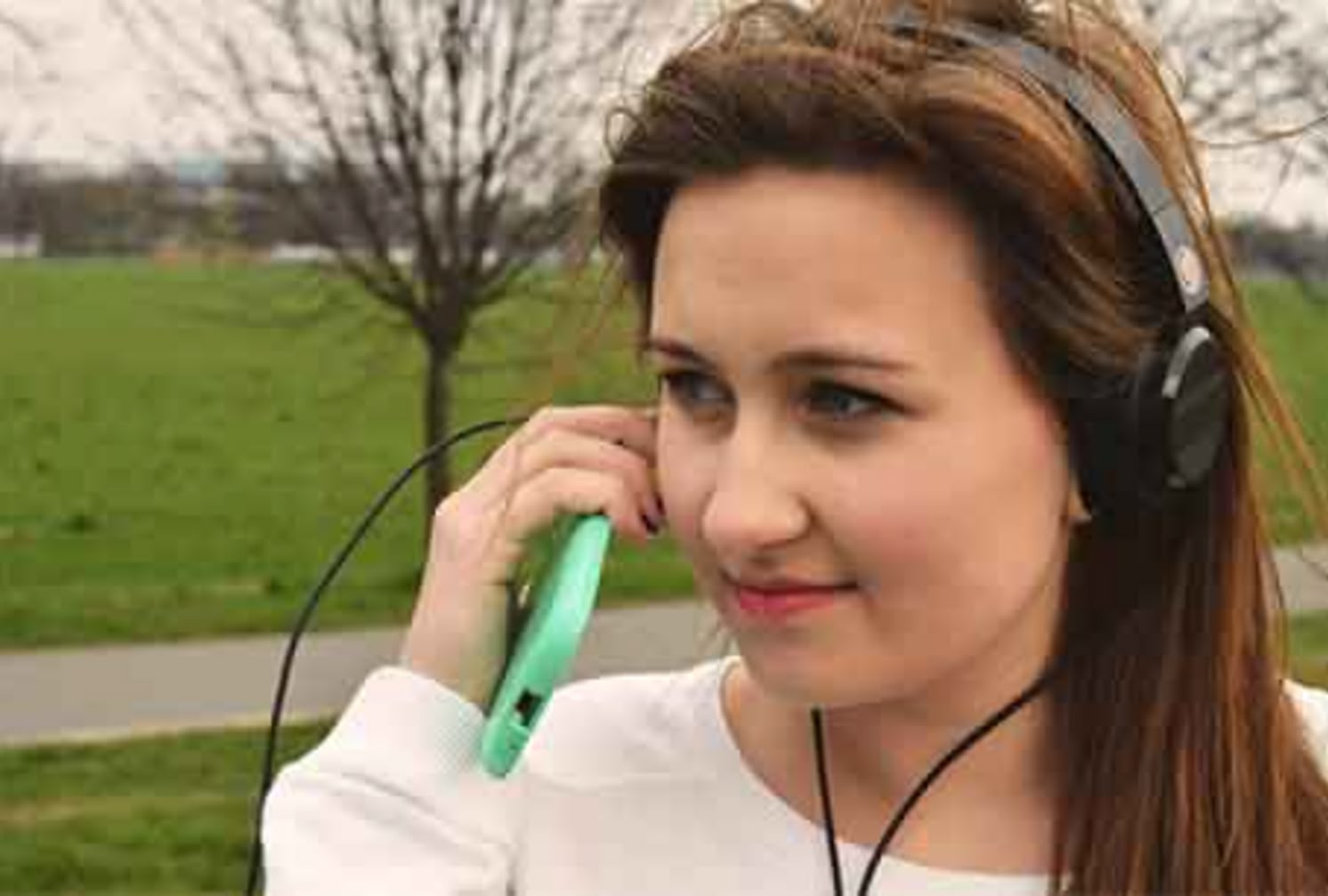
10 reasons why you should go on a language trip
1. Personal and professional development

The first reason to take a language trip is obviously to learn a new language.
Languages can help you in every situation of your life: If you are looking for a job, you can impress with your conversational skills, you can read international research papers while at Uni, you’ll be able to understand the restaurant’s menu on your holidays abroad and you’ll be perfectly prepared to work with international colleagues. The more languages you speak – the easier it becomes for you to live your life. Moreover, a new research has also shown that learning a language is a great training for your brain. Only good thing are coming your way!
Languages can help you in every situation of your life: If you are looking for a job, you can impress with your conversational skills, you can read international research papers while at Uni, you’ll be able to understand the restaurant’s menu on your holidays abroad and you’ll be perfectly prepared to work with international colleagues. The more languages you speak – the easier it becomes for you to live your life. Moreover, a new research has also shown that learning a language is a great training for your brain. Only good thing are coming your way!
2. A pleasant way to learn
A language trip on the other hand offers a great atmosphere for learning. Because it combines lessons with holidays, there will be time for you to relax! Having fun makes learning easier.
3. See more of the world
4. Make new friends from all around the globe

Travelling abroad and communicating with locals or other students like you also means that you’ll meet all sorts of new people from all around the world. You’ll find that making friends in your class is indeed very easy: all of you are new and don’t really master the language so you’ll help each other out and bond through a similar learning experience. And despite of the short amount of time students spend together, they often keep in touch and visit each other long after their language trip!
5. Get to know a new culture
6. Find yourself

A language trip is a very personal experience. As found out in our language sustainability study, people usually travel alone on a language trip. Meaning that you'll be completely isolated from your usual surroundings and will experience, a new language, new people and a new culture. Leaving your comfort zone and everything you know helps you discover yourself and often brings the language learners to question their own self and world view. How much of your character is actually you and how much has been influenced by the society you grew up in? Spending some time abroad through a language trip can offer you a broader view of world.
7. Become more confident/independent
8. Learn to appreciate your own language
9. Certificates
10. New skills

While going on a language trip, you’ll also be able to participate in many different activities like water sports in South France or Spain, cooking classes in Malaga or Rabat, various other skills and or daytrips. Maybe while doing so you might actually discover a new hobby! If not we can at least guarantee you that you will have fun!









